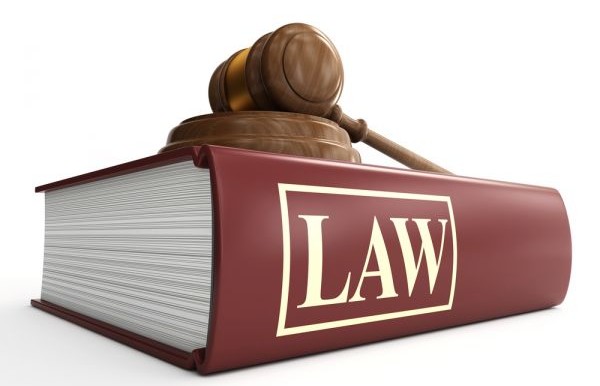'Focus on the Agreement' is a new daily segment broadcast on Radio Tamazuj to explain the contents of the peace deal signed in August 2015 between South Sudan's warring parties.
Yesterday we discussed the composition of the parliament during the transitional period. Today we look at the role of the National Constitutional Amendment Committee.
The peace agremeent says in Chapter I, Article 13 that the parties to the agreement should form a joint committee within 21 days to handle constitutional issues. Two representatives of IGAD will also sit on the committeee.
This committee's main responsibility will be to draft a Constitutional Amendment Bill. This bill will be presented to the justice minister and then passed by parliament as a constitutional amendment, incorporating the peace agreement into the Transitional Constitution of 2011.
The reason for this is to give the peace agreement the force of law. In case of any conflict between the peace agreement and other laws, the peace agreement will be considered the higher law.
Additionally, the committee will be mandated to draft constitutional amendments to reform the security services and military. Specically, the committee may prepare legislation to amend the existing SPLA Act of 2009, National Security Act of 2014 or Police Act of 2009.
Tomorrow we will continue this series by looking at the structure and composition of state governments as defined by the agreement.



